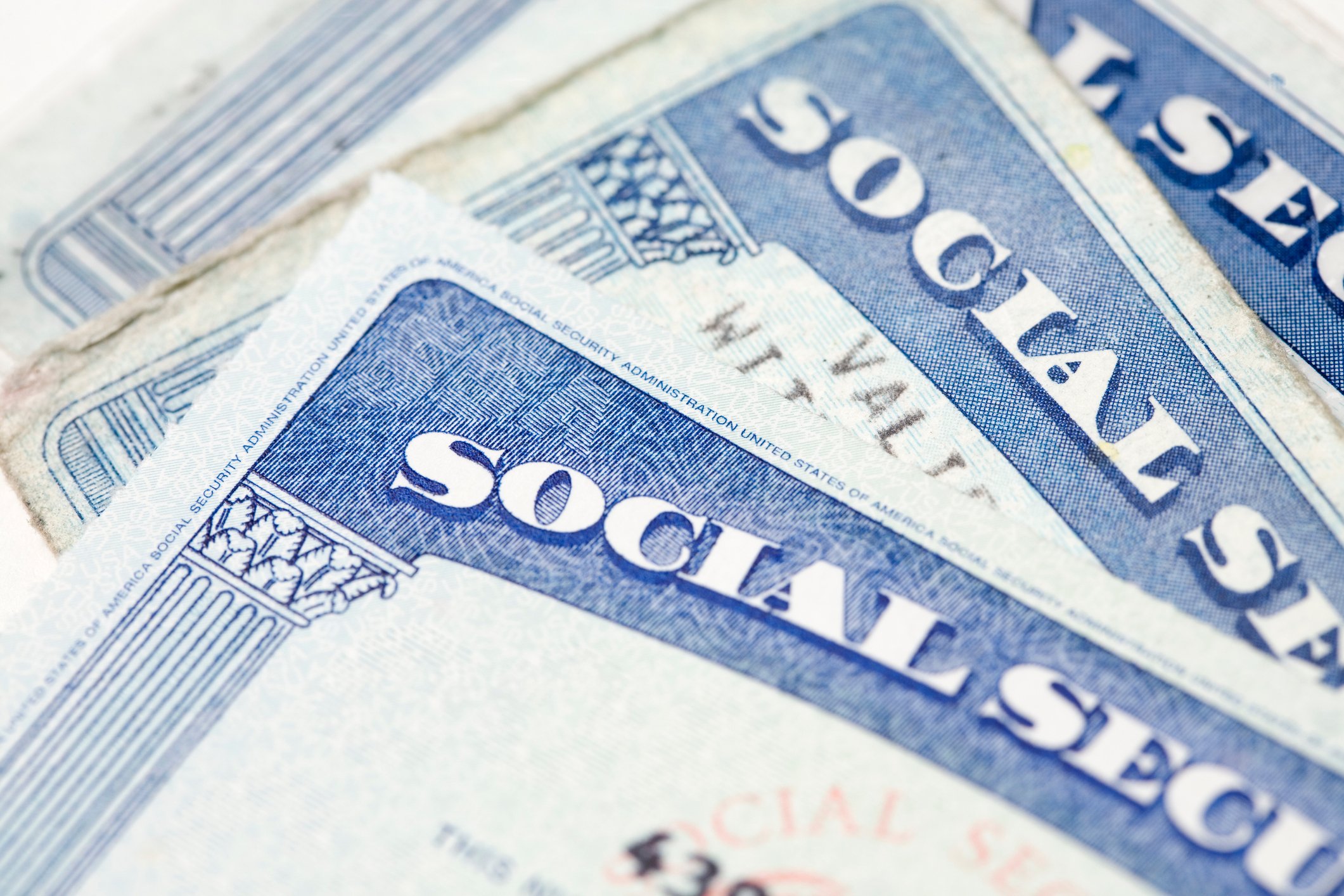Millions of Americans have lost their jobs in the wake of COVID-19. Thankfully, there's relief to be had in the form of a $1,200 stimulus payment that, if you qualify, is either coming your way or has, at this point, already hit your bank account.
Not only might you snag a $1,200 lump sum payment for yourself in the near future, but if you have dependent children in your household under the age of 17, you may collect up to $500 for each of them. But while any amount you receive might seem like a windfall right about now, it's important that you use your stimulus money wisely -- and avoid these dangerous mistakes.

IMAGE SOURCE: GETTY IMAGES.
1. Spending it all on your mortgage
The stimulus you receive can, and should, be used to pay near-term bills. But if you're out of work and desperate for money, you may have to choose which bills you pay, and right now, your mortgage shouldn't necessarily take priority.
While falling behind on a mortgage is generally a dangerous thing, right now, because of the ongoing crisis, you can't be foreclosed on due to a lack of payment. And if you have a federally back mortgage, you have the right to request forbearance and hit pause on your home loan for 180 days. Before you rush to use your stimulus payment to cover your mortgage, see what options you have there and consider using that money for essentials you can't delay payment on, like food, clothing, and medication. (While you can technically charge these specific expenses on a credit card, that could end up costing you a lot of money in the long run, and if you've maxed out your credit limit, you'll need your stimulus money for them anyway.)
2. Investing that money when you don't have emergency savings
Investing your stimulus payment is a good way to grow that $1,200 into a larger sum. But before you plan to invest your stimulus, make sure you're all set on emergency savings. Under normal circumstances, it's wise to have three to six months of living expenses in the bank, but given that COVID-19 could spur a full-blown economic recession that leads to additional job loss, you'd be wise to aim for the higher end of that range. That way, if you lose your job at a time when there's no stimulus relief, you'll have more options for paying your bills.
3. Forgetting about long-term savings goals
If you're still able to keep up with your bills during the ongoing crisis and are already steadily investing, you may be tempted to use your stimulus cash for something fun -- maybe a new TV to hunker down with, or a video gaming system to stay entertained. But before you blow that cash on indulgences, think about how you're doing as far as your long-term goals are concerned.
At a time when the entire country is in crisis mode, it's easy to let long-term goals, like retirement and college savings, fall by the wayside. But if you have the cash, using that stimulus money to pad your 401(k) or IRA, or to boost your 529 plan, is a good way to stay on track so you're not scrambling to play catch-up when things normalize again.
The stimulus checks that have recently started going out to desperate Americans are, for many, a lifeline. For others, it's money to play with. No matter which camp you fall into, consider your choices wisely before you decide what to do with that cash.





